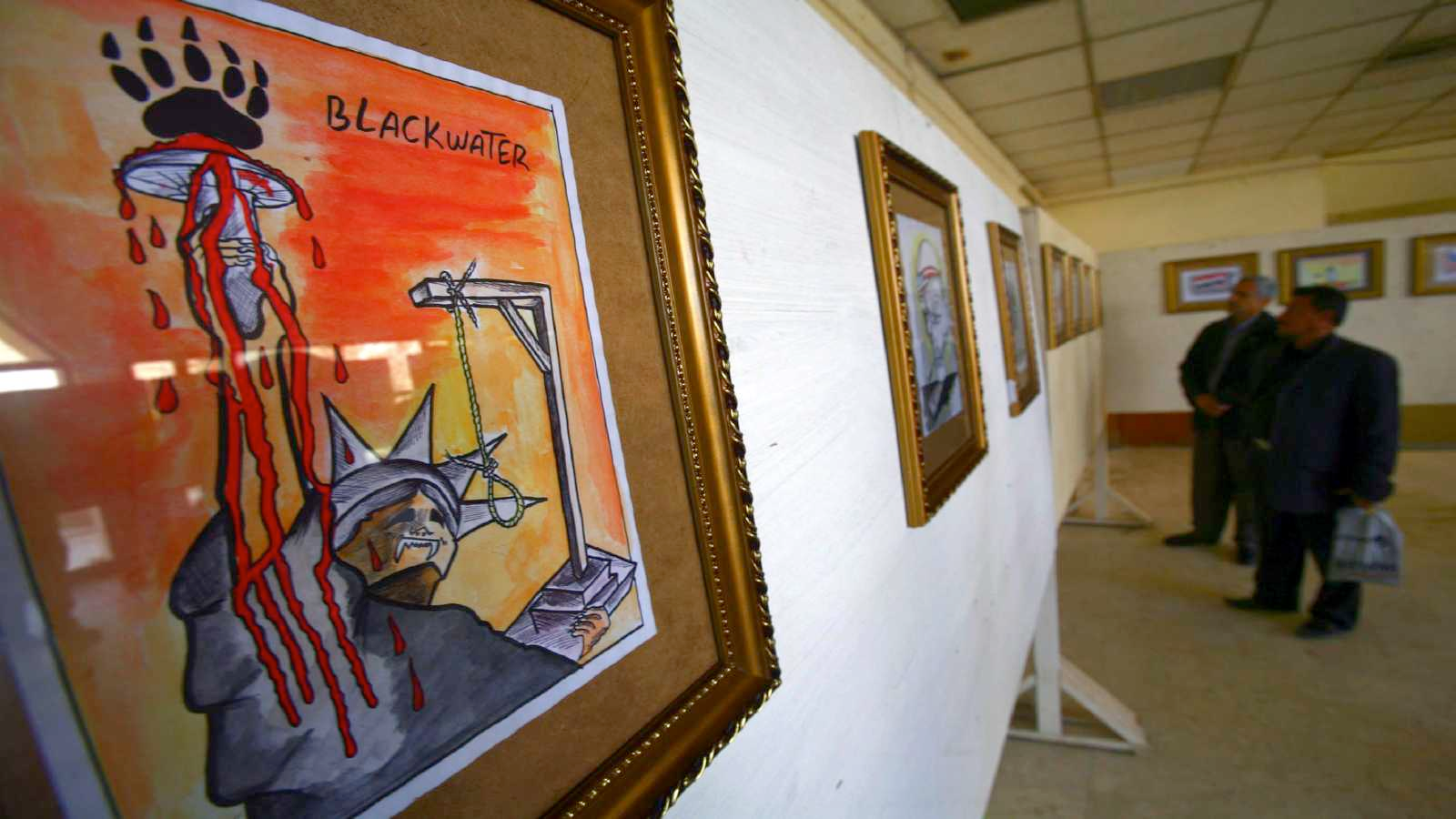
A UN Human Rights Office expert said that the pardon of the men involved in the 2007 Nisour Square massacre undermines the obligation of states to hold war criminals accountable.
The United Nations has criticized US President Donald Trump’s pardon of American former military contractors who were convicted of killing Iraqis.
One UN expert on the use of mercenaries said that the pardon could pave the way for future war crimes.
“Pardons, amnesties or any other forms of exculpation for war crimes open doors to future abuses when States contract private military and security companies for inherent state functions,” said Jelena Aparac in a UN Human Rights Office release on Wednesday.
The controversy stems from the shooting of Iraqi civilians in Baghdad’s Nisour Square in 2007 at the height of the Iraq War. The incident occurred when guards working for the private military company then known as Blackwater opened fire while escorting US diplomats, killing 17 people.
Four Blackwater contractors were convicted for their actions in relation to the incident. Nicholas Slatten was sentenced to life in prison in 2014. Paul Slough, Evan Liberty and Dustin Heard were found guilty of manslaughter and weapons charges at the same time. All men were veterans of the US military. The Department of Justice concluded that 14 of the 17 deaths were wrongful.
Last week, US President Donald Trump offered the four men full presidential pardons, thus relieving them of the legal consequences of their convictions. Trump cited the men’s past military service in the pardon, as well as criticisms of the trials.
However, the UN expert said the pardon constituted an “affront to justice.”
Aparac said that the Geneva Conventions, which the United States is a party to, stipulates that states hold people accountable for war crimes. The pardon, therefore, undermined international humanitarian law, according to her.
“The Geneva Conventions oblige States to hold war criminals accountable for their crimes, even when they act as private security contractors,” said Aparac. “These pardons violate US obligations under international law and more broadly undermine humanitarian law and human rights at a global level.”
Many Iraqis were angered by the pardon. Iraqi poet Sinan Antoon wrote that “Iraqi lives don’t matter” to Americans, citing the decision and the 2003 US invasion of the country. The pardon has been similarly condemned in the United States, though some have defended the former Blackwater contractors.
 Eurasia Press & News
Eurasia Press & News



